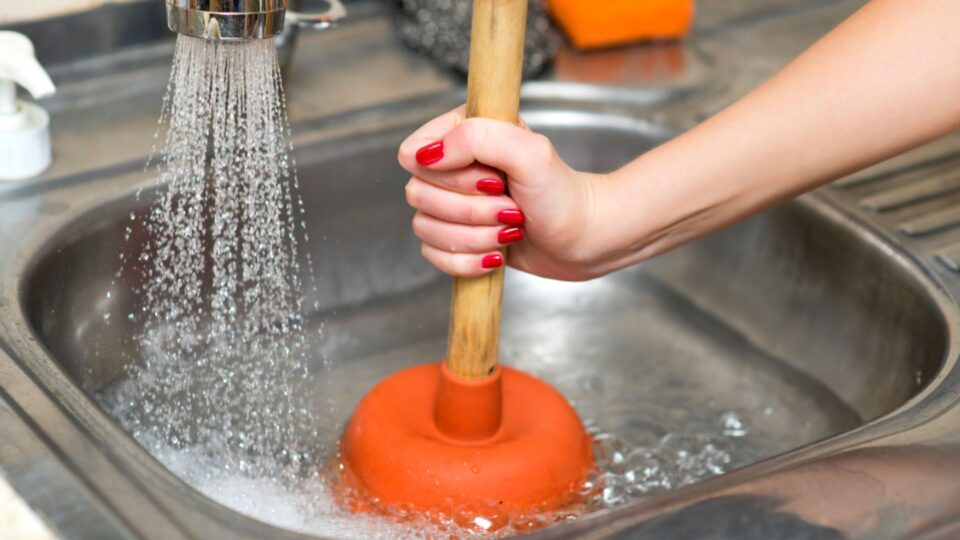A blocked sink is one of the most frustrating and common plumbing issues homeowners face. While a one-time clog is usually easy to fix, recurring blockages can indicate underlying problems that need to be addressed. Understanding why your sink keeps getting blocked and knowing what to do about it can save you time, money, and hassle.
Common Causes of Recurring Sink Blockages
**1. Accumulation of Grease and Food Particles
Grease and food particles are the most common culprits behind blocked sinks. When grease cools, it solidifies and sticks to the walls of your pipes. Over time, food particles can accumulate on this grease, causing a blockage.
What to Do:
- Avoid pouring grease and oil down the sink. Instead, dispose of them in a container and throw it in the trash.
- Use a sink strainer to catch food particles and dispose of them in the garbage.
**2. Soap Scum Buildup
Soap scum can accumulate in your pipes, especially if you use soap bars. This buildup can combine with other debris, leading to blockages.
What to Do:
- Switch to liquid soap, which is less likely to create scum.
- Regularly flush your drains with hot water to dissolve soap residue.
**3. Hair and Foreign Objects
Hair, especially in bathroom sinks, can cause significant blockages. Additionally, small objects like jewelry, toothpaste caps, or other debris can accidentally fall into the sink and get stuck in the pipes.
What to Do:
- Use a drain cover to catch hair and other small items.
- Be mindful of what you place near the sink to prevent objects from falling in.
**4. Mineral Buildup
If you live in an area with hard water, mineral deposits can build up in your pipes over time, narrowing the passage and causing blockages.
What to Do:
- Consider installing a water softener to reduce mineral buildup.
- Regularly use a vinegar solution to help dissolve mineral deposits in your pipes.
**5. Pipe Damage
Old, corroded, or damaged pipes can lead to frequent blockages. Corrosion can cause rough surfaces inside the pipes where debris can easily get trapped.
What to Do:
- Have a professional plumber inspect your pipes for damage or corrosion.
- Replace old or damaged pipes to improve drainage and prevent blockages.
Professional Solutions for Persistent Blockages
While preventive measures and DIY solutions can help with minor issues, persistent or severe blockages often require professional intervention. Here are some professional methods for dealing with recurring blocked sinks:
**1. Professional Drain Cleaning
Professional plumbers use specialized tools and techniques, such as hydro-jetting, to thoroughly clean your pipes and remove any stubborn blockages.
**2. Camera Inspections
A camera inspection can help identify the exact cause and location of the blockage, making it easier to address the problem effectively.
**3. Pipe Replacement or Repair
In cases where blockages are caused by damaged or corroded pipes, replacing or repairing the affected sections can provide a long-term solution.
For reliable and expert assistance with recurring sink blockages, visit blocked sink for professional solutions.
By understanding the common causes of blocked sinks and taking appropriate preventive measures, you can keep your plumbing system running smoothly and avoid the inconvenience of frequent blockages. Remember, professional help is always available if you need it.

